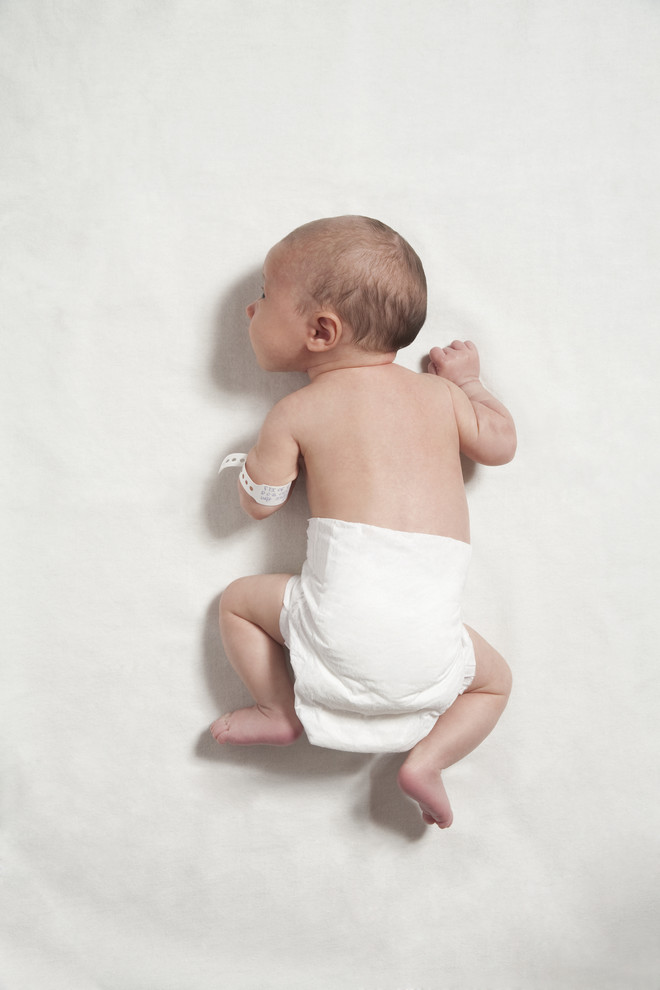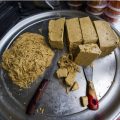Color, consistency and regularity of the chair of children of artificiality
The consistency, color and regularity of the stool depend on the age of the child, the type of formula and the amount of complementary feeding. The process of defecation should be painless. Stool of a bottle-fed babymust be regularPhoto: Getty The stool of a bottle-fed baby has a distinct odor and a mushy consistency. Even the best formula is digested much worse than mother's milk, so you can see cheesy clots in the stool. Parents need to monitor the regularity of the process. The frequency of bowel movements is an individual indicator. But a baby under six months should defecate 3-4 times a day. Children aged 6-7 months and older poop less often - 1-2 times a day. If a child does not defecate for more than a day, he should be given an enema or at least have his tummy massaged. When feces remain in the intestines for a long time, they harden. The result is constipation.
Stool of a bottle-fed babymust be regularPhoto: Getty The stool of a bottle-fed baby has a distinct odor and a mushy consistency. Even the best formula is digested much worse than mother's milk, so you can see cheesy clots in the stool. Parents need to monitor the regularity of the process. The frequency of bowel movements is an individual indicator. But a baby under six months should defecate 3-4 times a day. Children aged 6-7 months and older poop less often - 1-2 times a day. If a child does not defecate for more than a day, he should be given an enema or at least have his tummy massaged. When feces remain in the intestines for a long time, they harden. The result is constipation.
Normal stool in a bottle-fed baby
Normally, feces are brown oryellowish tint. Photos of normal stool in a bottle-fed baby will help the mother immediately determine if everything is okay. Sometimes lumps in liquid greenish feces appear after fruits or juices. The mother should remove the suspicious product from the menu and monitor the baby's condition. If the stool returns to normal after 2-3 days, there is no reason to worry. If the stool is liquid and green, but no new foods have been introduced into the diet, consult a doctor. This is a sign of dysbacteriosis. Orange stool indicates liver problems, black - the presence of blood in the mass. Liquid, foamy stool with mucus and a putrid odor is an alarm signal. Children on bottle feeding often have the following problems with stool:
In case of diarrhea or constipation, parents canwait a day or two, as the condition may return to normal, but at the first signs of impaired fat absorption, you should consult a doctor. If the mother thinks that the child's stool is not the same as usual, let her take the soiled diaper with her and visit the pediatrician. An experienced doctor will tell you the reason for the change in stool at first glance. It is also useful to know:









